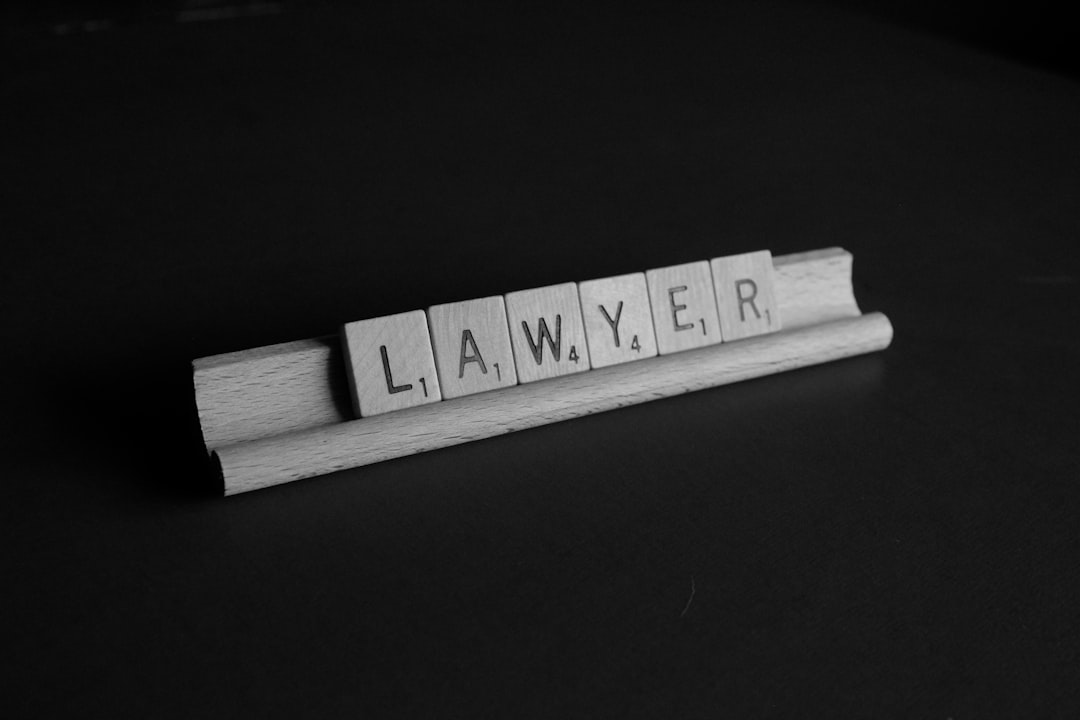Navigating the complexities of sexual assault cases can be daunting, especially in Kentucky. If you or someone close to you has experienced rape, a dedicated rape lawyer in Louisville, KY, can offer invaluable legal guidance and support. Understanding Kentucky’s rape laws is crucial for building a strong case. This article explores the role of a rape attorney, effective strategies for strengthening your case, and the options available to support survivors. Remember that seeking legal representation promptly is essential for securing justice.
Understanding Rape Law in Kentucky

Rape is a severe criminal offense in Kentucky, and understanding the law surrounding it is crucial for victims seeking justice. A rape lawyer in Louisville, KY, can provide invaluable legal guidance and representation to individuals who have experienced this traumatic crime. The state’s rape laws are designed to protect victims and hold perpetrators accountable, ensuring that justice is served.
In Kentucky, rape is typically defined as non-consensual sexual penetration, which includes vaginal, anal, or oral intercourse. The law recognizes different types of rape, such as forcible rape, statutory rape (involving a minor), and marital rape. Understanding these definitions and the legal thresholds for each charge is essential when navigating the criminal justice system. A Louisville rape lawyer specializes in interpreting these laws, helping clients understand their rights, and building a strong defense strategy.
The Role of a Rape Attorney

When facing accusations of sexual assault or rape, individuals in Louisville, KY, need legal advocates who understand the complexities of these cases. A rape attorney plays a pivotal role in protecting the rights and interests of their clients during one of the most challenging times of their lives. They provide specialized knowledge and expertise to navigate the legal system, ensuring every step is taken to achieve the best possible outcome.
Rape lawyers in Louisville are well-versed in state laws pertaining to sexual offenses, which can vary significantly from other types of criminal cases. They guide their clients through pre-trial hearings, negotiations with prosecutors, and, if necessary, represent them during trials. Their goal is not only to defend against the charges but also to advocate for the emotional and psychological well-being of the accused, often working closely with support services to offer comprehensive assistance.
Building a Strong Case: Strategies

When building a strong case as a rape lawyer in Louisville, KY, it’s crucial to gather comprehensive evidence and witness statements promptly. This involves meticulous record-keeping, documenting medical examinations, preserving digital forensics, and collecting alibi information from credible sources. A Louisville rape attorney must also be adept at challenging the prosecution’s narrative, highlighting inconsistencies, and presenting a compelling alternative theory of events.
Effective strategies include expert testimony, such as engaging medical professionals to provide insights into trauma responses, and utilizing psychological evaluations to counteract any potential doubts about the victim’s credibility. Building strong relationships with local healthcare providers and law enforcement can ensure a seamless flow of information, allowing for a robust defense tailored to the unique circumstances of each case.
Supporting Survivors: Your Options

When facing a sexual assault charge, having a compassionate and knowledgeable advocate by your side is paramount. A rape lawyer in Louisville, KY, specialized in these cases, can offer much-needed support and guidance to survivors navigating this difficult legal process. Their expertise lies in understanding the emotional complexities of such situations and ensuring survivors’ rights are protected.
By retaining a skilled attorney, victims can explore various legal options tailored to their unique circumstances. Whether it’s negotiating a plea bargain, gathering evidence, or representing the client in court, these professionals fight for just outcomes, often helping survivors move towards healing and recovery. Their presence can make all the difference, providing a safe space for survivors to share their stories and seek justice.






